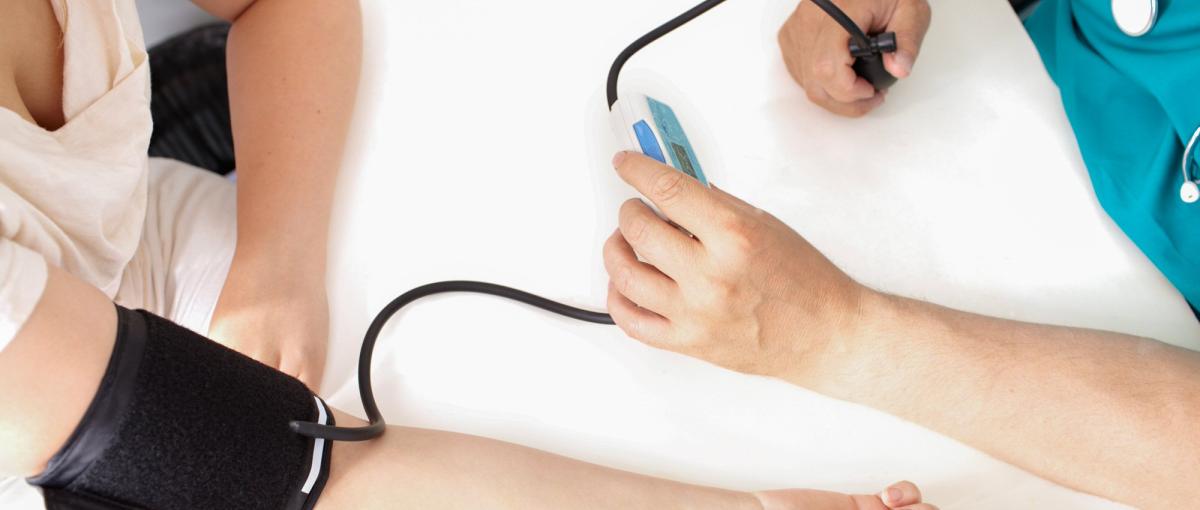Women and heart disease
Many people aren't aware of the risk faced by women

March 9, 2018
By Esther Kim
When Debra Wasylynchuk had shortness of breath, she never thought anything of it. Unconcerned she went about her daily routine and went to bed.
“I woke up with intense pain, I even went outside to get some fresh air and nothing seemed to help. That’s when I called for my husband to take me to the Fort Saskatchewan hospital,” recalls Debra.
Debra was having a heart attack. “To be honest, I thought it only happened to men. I had pain in my shoulder blades, not my heart,” says Debra.
Debra’s not alone. Most people aren’t aware women are at higher risk for heart disease than men. “Symptoms are not always like what you see on TV, and remember that everyone describes sensations differently. It could be shortness of breath, overwhelming fatigue, pressure in the chest or abdomen, indigestion… the list is much longer than chest pain,” says Dr. Sayra Khandekar, Cardiologist at the Misericordia Community Hospital.
According to the Heart and Stroke Foundation, one in five women will be diagnosed with heart disease, and approximately every 20 minutes a woman will die of heart disease.
It is currently the number one cause of death among women, killing almost as many as all cancers combined.
“These facts are startling and frightening. We have traditionally thought of heart disease as predominantly male; in fact, we used to include male gender as a risk factor. Now that we understand how much more common it is in women, it’s not only our responsibility to help teach women to take their symptoms seriously, and to look for symptoms they might not recognize as being significant, but it’s also up to us to (increase) heart disease (research) particularly in women,” says Khandekar.
Khandekar also says too few women diagnosed with heart disease complete a cardiac rehab program, which is proven to prevent future hospitalizations. “Is it the timing of the appointments, the access to the facility, or the way we explain it? We need to find out. We have to identify the barriers to improving the health of our female patients, and we have to remove them,” says Khandekar.
Although there are several traditional risk factors such as high blood pressure and obesity, other factors can play a big role in the development of heart disease in women, such as depression.
“If you are a young woman under the age of 50 or 55 and if you are depressed your risk of having a heart attack is 50 per cent higher than a man’s risk of having a heart attack,” says Cheryl Robideau, Clinical Educator Cardiac Sciences at the Misericordia hospital.
Debra hopes that by sharing her story more women will pay close attention to changes in their health and seek help immediately before it is too late.
“Go see a doctor and have it checked out. They can do tests on you to find out in advance and really save yourself and your family a huge scare,” says Debra.